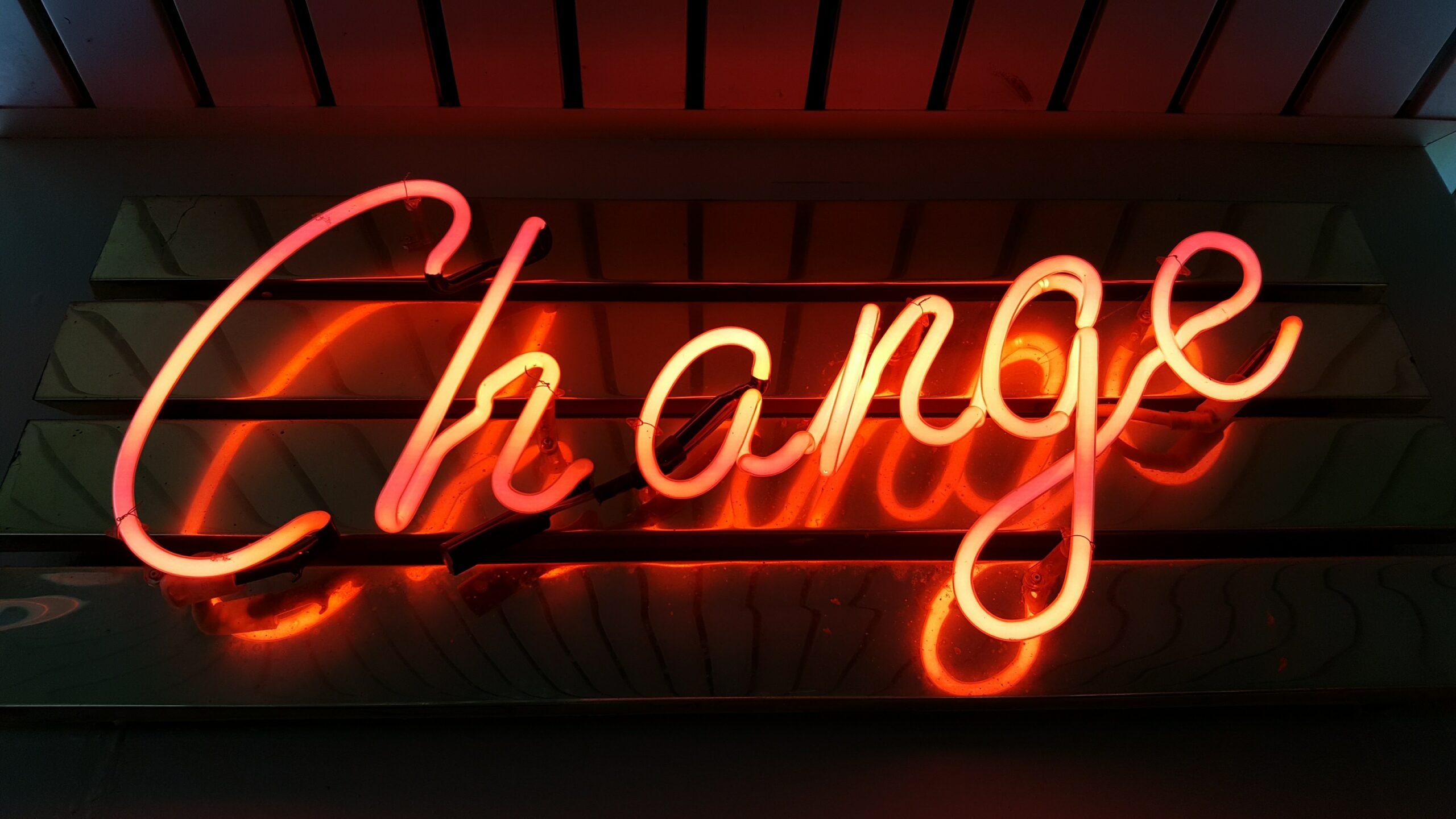5 Ways Journaling Can Make you Happier
A few years ago I was struggling because my father was passing. I didn’t know what was up or down. I felt like I was on an emotional safari. Around every turn was a lion, snake, or hyena just...


A few years ago I was struggling because my father was passing. I didn’t know what was up or down. I felt like I was on an emotional safari. Around every turn was a lion, snake, or hyena just ready to pounce.
I needed something to stabilize me.
That’s when I turned to journaling.
It started with a gratitude journal, but expanded to other journaling techniques. Each journal type helped me heal parts of myself that were invisible to me.
In fact, I didn’t realize how much anxiety I held until I began to journal. I suffered from headaches because I let my worries pile up. I had ignored the underlying issues. All this came to light when I began journaling.
My simple journaling exercise became a passion. I used my journal to take notes on myself. I noticed when I was upset and what caused it. I noticed when I was happy and when I was sad—and what caused it each time. This broadened my perspective of myself and my place within the world.
The more I journal, the more I learn about myself. I noticed how I have become more self aware and happier. It became a daily habit… for the past seven years!
Here are 5 ways journaling can make you happier.
1. You focus on the essential.
When you journal, you process thoughts and emotions.
Writing helps me get clear on what I want. An underappreciated journaling technique is simply writing down what is making you happy and why. When you see what is making you happy you can make small improvements to your life so you can create more of these moments. It’s also fun to revisit these memories and it gives you a boost of dopamine.
Chad Burton and Laura King figured out that if people kept a journal about positive experiences, it helped increase happiness and even decrease symptoms of illness.
2. Your self awareness expands.
I use a method that I developed called the Dig to Fly Method. After doing it every day for two years I write down my answers in my journal. I do it when I’m feeling stressed.
I like to go for a walk and answer the questions in my head. It gets to the heart of what I can’t seem to let go. Give it a try. Think of something that is taking up a lot of mental bandwidth then ask yourself the following questions.
How important is this issue to you on a scale of 1 – 10? Why do you feel this way?What are your expectations of the situation?What can you appreciate about the situation?What opportunities could come out of it?This helps me work through anything—from a struggle with a family member to understanding more about how I want to proceed on a project. It works well because it helps you at each stage of your mental process from creating emotional space to finding a way to take action on what is important.
3. You sleep better.
When you write down your worries and concerns at the end of the day. You can process these thoughts and emotions, so you sleep better.
The next time you feel a little tension at the end of the day try using the Rate Your Day journal prompt. Ask yourself:
What went well today?What did I learn?How would I rate my day on a scale of 1 – 10? (1 terrible and 10 amazing)Then notice how you feel. Do you feel a little less stressed?
4. You have a deeper spiritual connection.
When I journal, I feel it’s similar to praying. It’s a release of my emotions.
My frustrations, sadness and anger often turn from a 9 (intense feelings) to a 5 or 6. It helps me process what is going on. It’s this spiritual connection to something greater than myself. All because I take the time to process my thoughts and feelings through journaling.
5. You understand less is more.
The more I journal about my thoughts and feelings, the less I need.
I’m less likely to go to the pantry looking for a cookie. I find that I’m not buying stuff to help distract me from my upset feelings. I’m able to process my thoughts and feelings without falling back into bad habits because I’m aware of the patterns. That’s half the journey. Just becoming aware of the feeling and knowing you have the mental flexibility to decide how you want to view the situation and eventually act on it.
About the Author: Karl Staib is the author of Bring Gratitude.
If you want to get more out of your journaling practice, you can join his free 5 Day Journal Challenge. It starts on Monday, September 26 and will help you dig into the energy draining stories that we tell ourselves and learn how to process them effectively, so you can fly again.

 Kass
Kass 































